On September 2, 2025, Judge Amit P. Mehta issued behavioral remedies in the U.S. search antitrust case against Google. The order bars exclusive default search deals and does not require divesting Chrome or Android. It also adds data-sharing and distribution requirements for competitors.
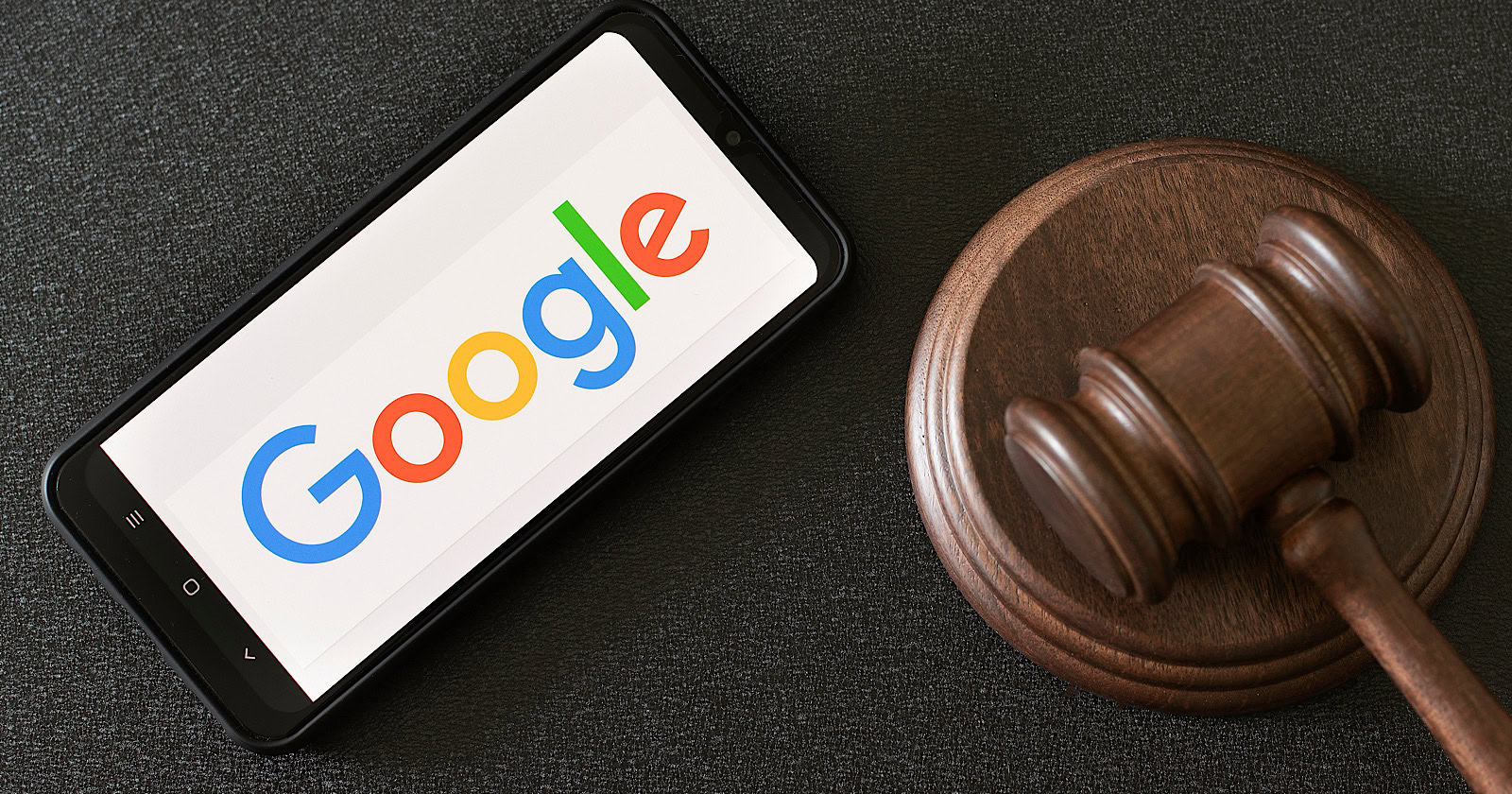
Key remedies
- No divestiture of Chrome or Android.
- Ban on exclusive default search distribution deals with device makers, browsers, and carriers.
- Non-exclusive paid default placement is allowed.
- Google must offer certain search and search advertising syndication services to competitors on specified terms.
- Google must share defined sets of search data with qualified competitors under court-ordered privacy and security safeguards.
- Parties must submit a revised final judgment by September 10, 2025.
- Remedies take effect 60 days after entry of final judgment and run for six years.
- Compliance will be monitored by a technical committee.
What changes for competitors
Qualified rivals that meet the court’s criteria can access limited search data and syndication services. Distribution contracts must be non-exclusive, enabling multiple search providers to compete for default placement. Data access is subject to strict privacy and security protections, with procedures in place for implementation and ongoing monitoring.
Background
In August 2024, the court found Google liable for illegally maintaining monopolies in general search and search text advertising after a bench trial on liability. The case, filed in October 2020 by the United States and plaintiff states, challenged Google’s default search agreements with device makers and browsers. Default placement on Apple devices and Android distribution partners was a central issue at trial.
Timeline and oversight
The parties must file a revised final judgment by September 10, 2025. The remedies will begin 60 days after the final judgment is entered and will remain in effect for six years. A technical committee will oversee compliance and report to the court.
Sources
- Reuters
- United States v. Google LLC, No. 1:20-cv-03010, U.S. District Court for the District of Columbia - Remedies order dated September 2, 2025.
- United States v. Google LLC, No. 1:20-cv-03010 - Opinion finding liability issued August 2024.
- Court docket entries directing submission of a revised final judgment by September 10, 2025.

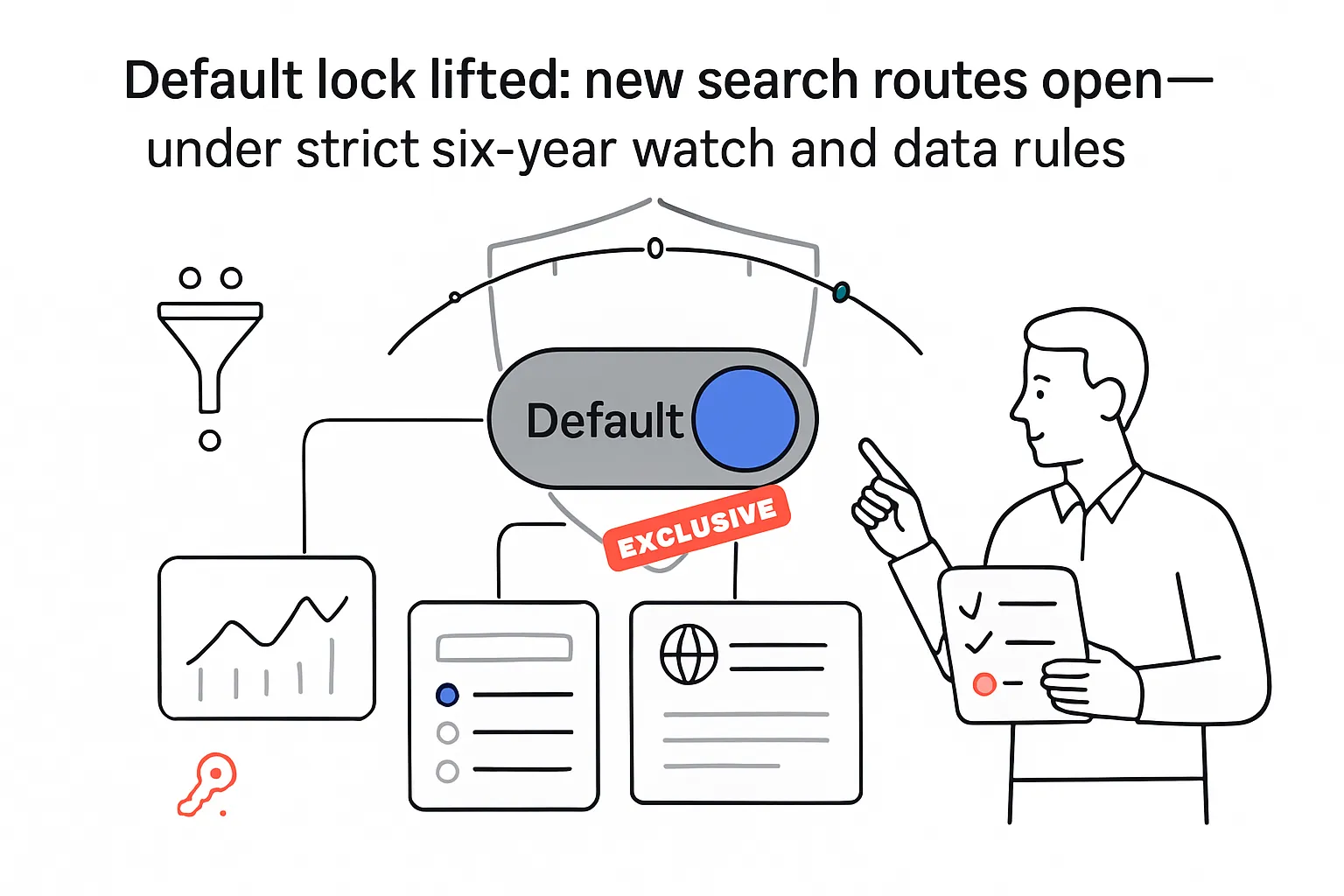
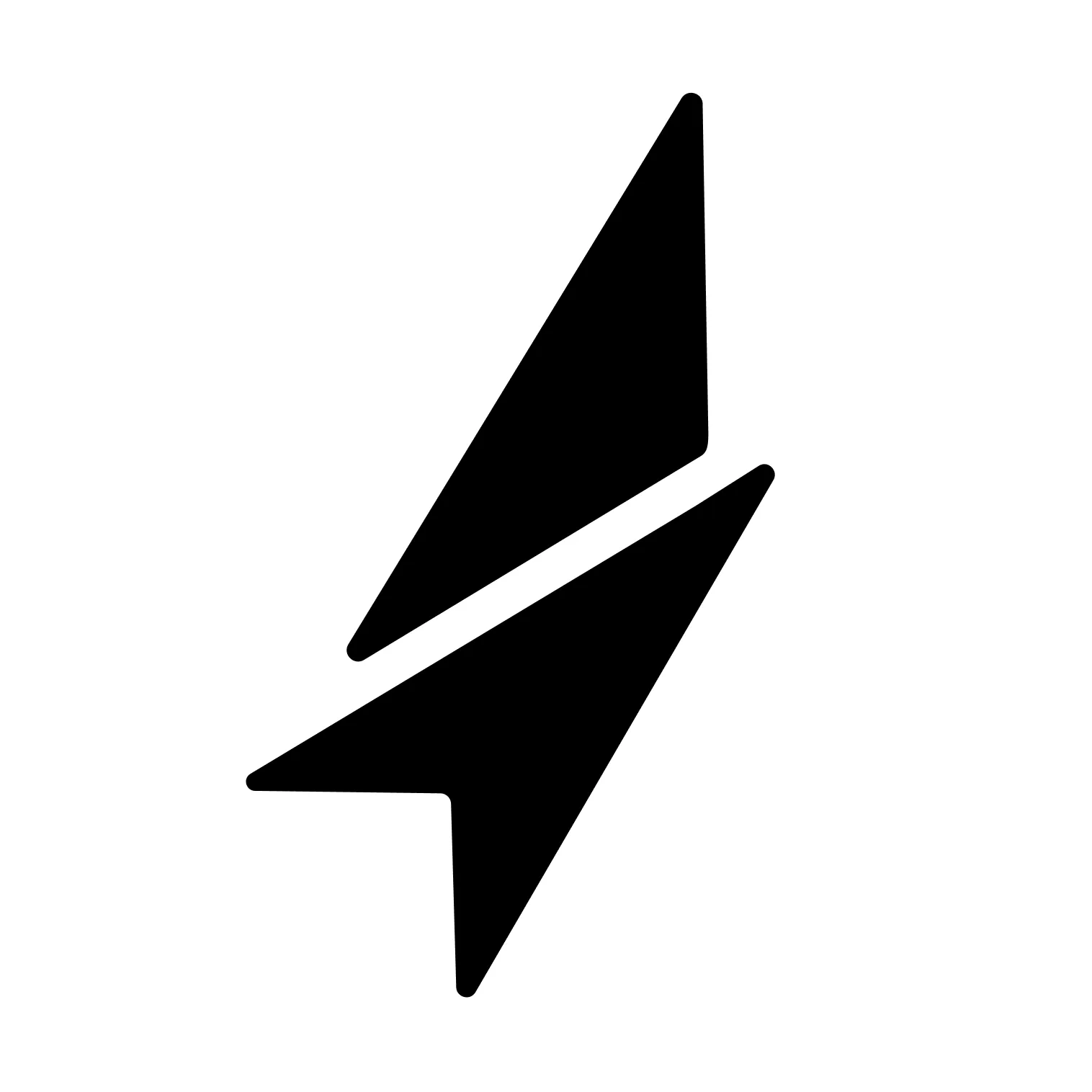

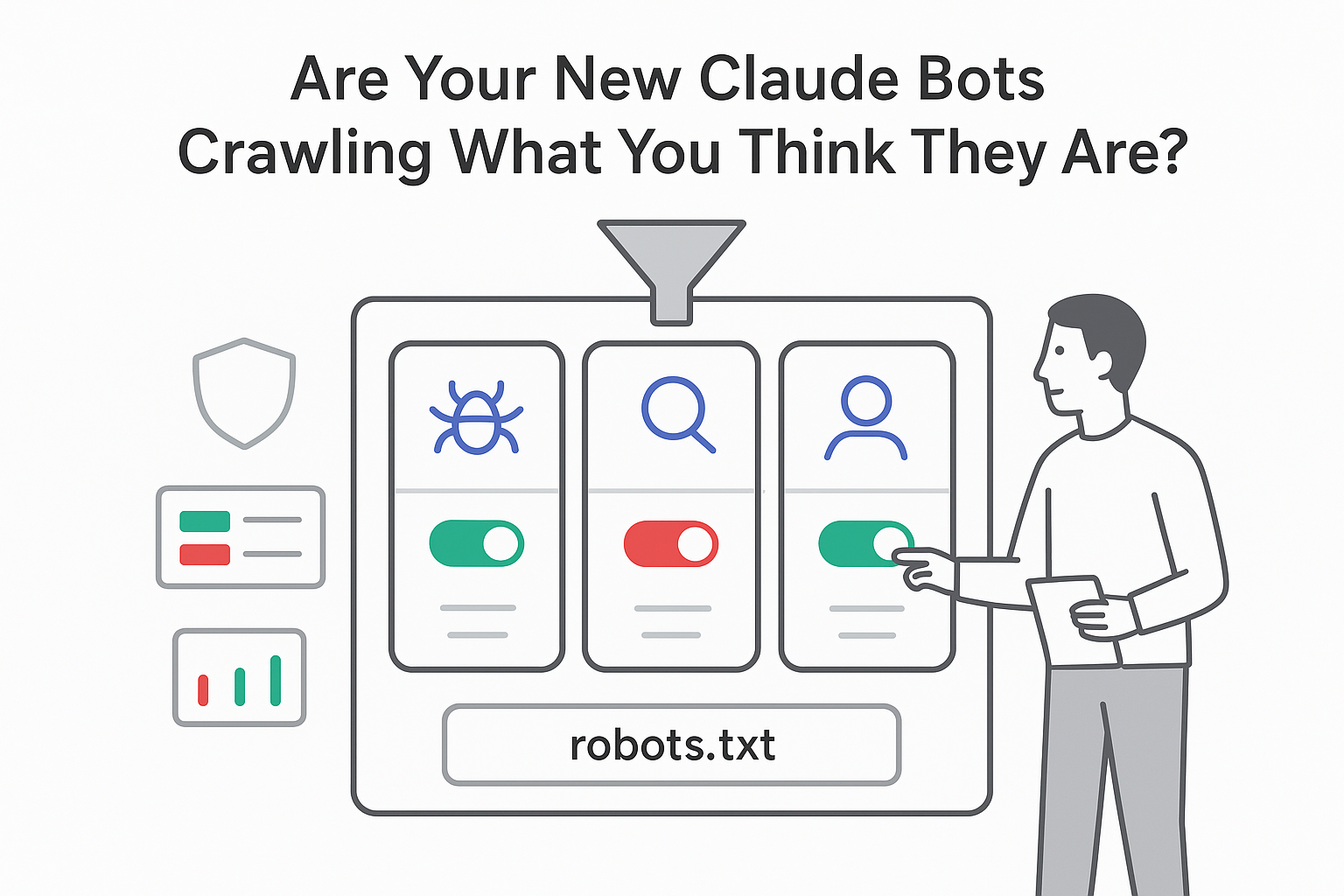

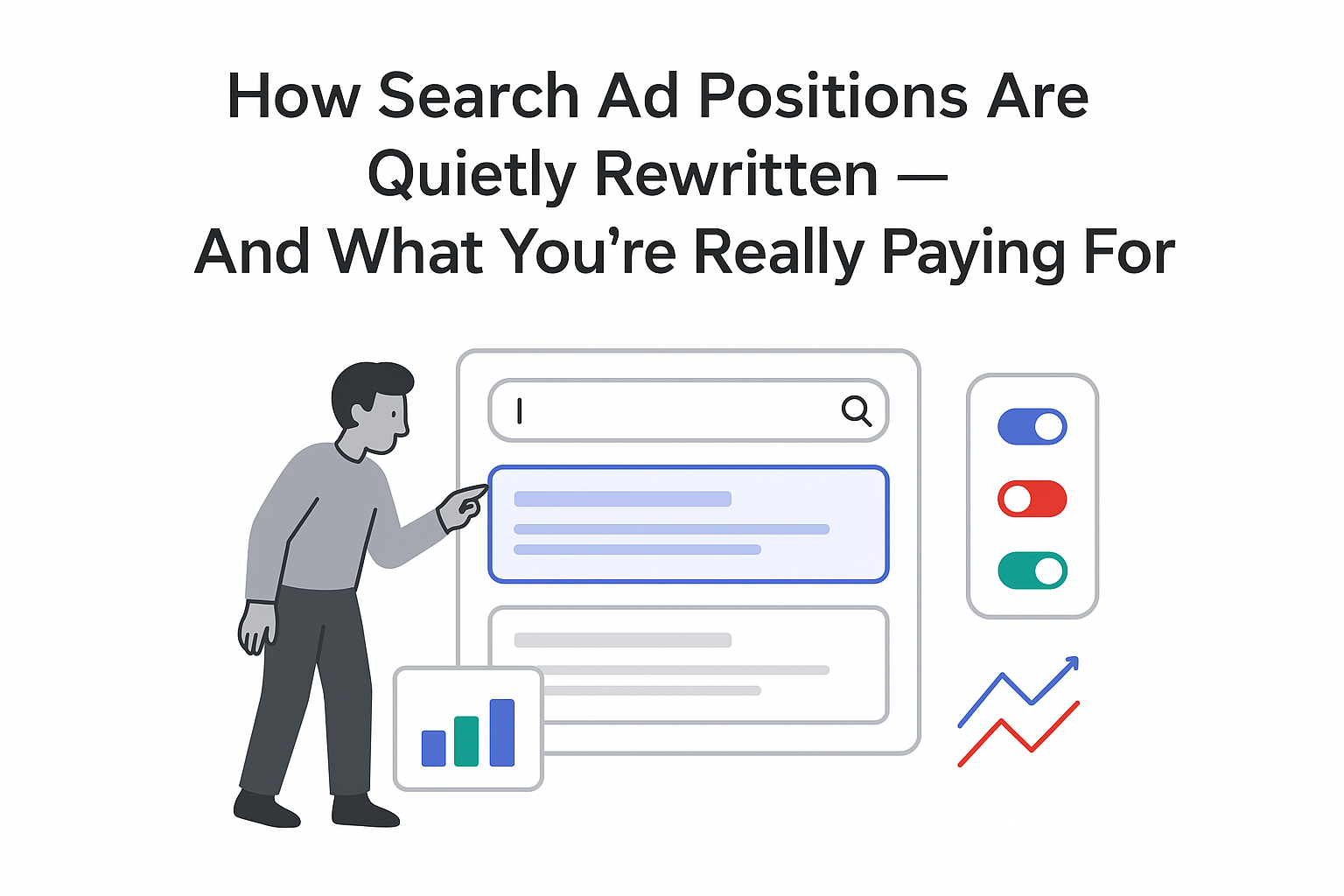
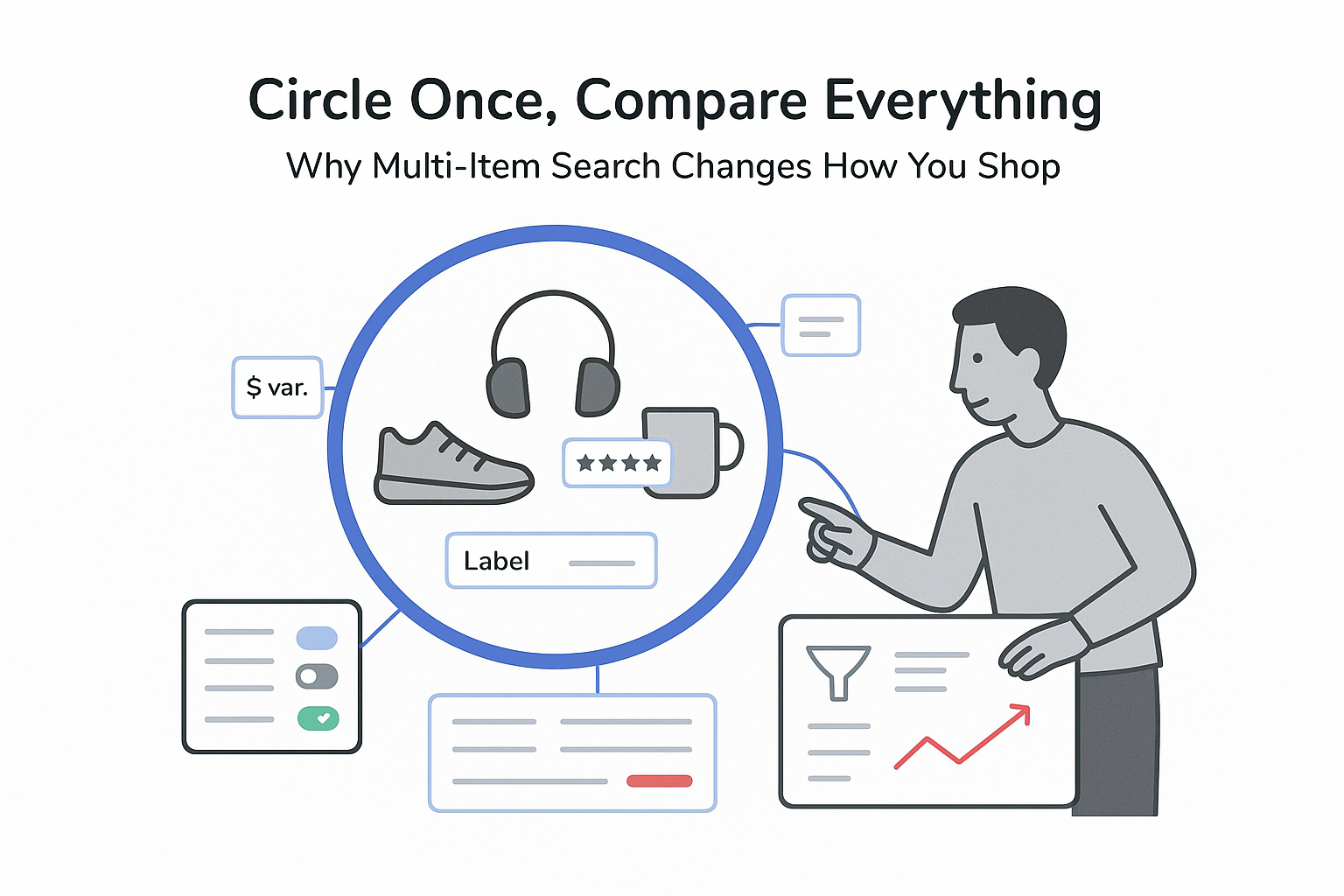
.svg)